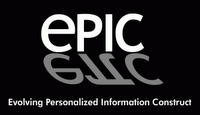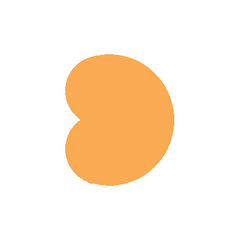 Newspapers are probably the biggest losers of the growth of the Internet. Advertisers shift to the cheaper and more accountable Internet advertising possibilities and readers value the speed and the interactivity of Internet news. Zenith Optimedia expects that by 2010 newspapers will take 23,7% of all ad spend (in 2006 this was 28,4%). By contrast, the Internet will represent 13,6% in 2010 (6,8% in 2006). Research among 250 newspapers in the USA shows the paradox newspapers are facing. The Internet offers them a platform to compete with television and radio in bringing video news and generate the related (lower) advertising revenues. On the other hand providing news for the Internet places heavy burdens on the quality of the journalistic work. Andrew Keen has written an excellent book on what he calls the Cult of the amateur. The web does not allow for in-depth, high quality news analysis. Integrating editorial teams for the paper and the web version of the newspaper has been the first step newspapers have taken. But the future of these already downsized teams depends on the capacity to attract advertising money for the web-based newspaper.
Newspapers are probably the biggest losers of the growth of the Internet. Advertisers shift to the cheaper and more accountable Internet advertising possibilities and readers value the speed and the interactivity of Internet news. Zenith Optimedia expects that by 2010 newspapers will take 23,7% of all ad spend (in 2006 this was 28,4%). By contrast, the Internet will represent 13,6% in 2010 (6,8% in 2006). Research among 250 newspapers in the USA shows the paradox newspapers are facing. The Internet offers them a platform to compete with television and radio in bringing video news and generate the related (lower) advertising revenues. On the other hand providing news for the Internet places heavy burdens on the quality of the journalistic work. Andrew Keen has written an excellent book on what he calls the Cult of the amateur. The web does not allow for in-depth, high quality news analysis. Integrating editorial teams for the paper and the web version of the newspaper has been the first step newspapers have taken. But the future of these already downsized teams depends on the capacity to attract advertising money for the web-based newspaper.
The contradiction in this situation is that Google, the exponent of the Internet, demonstrated the value of newspaper advertising in conjunction with Internet advertising. Media are connected: newspaper ads drive consumers to the web. The Google research showed the effectiveness of newspaper advertising but also the effectiveness of the combination: of those who researched a product they saw in the newspaper, 67% did so online.
Advertising budgets will continue to be in transition between the different media untill there is a new equilibrium. However I'm not expecting to happen to newspapers, what MTV believed to happen to radio when they aired at their launch the clip "Video killed the radio star".







